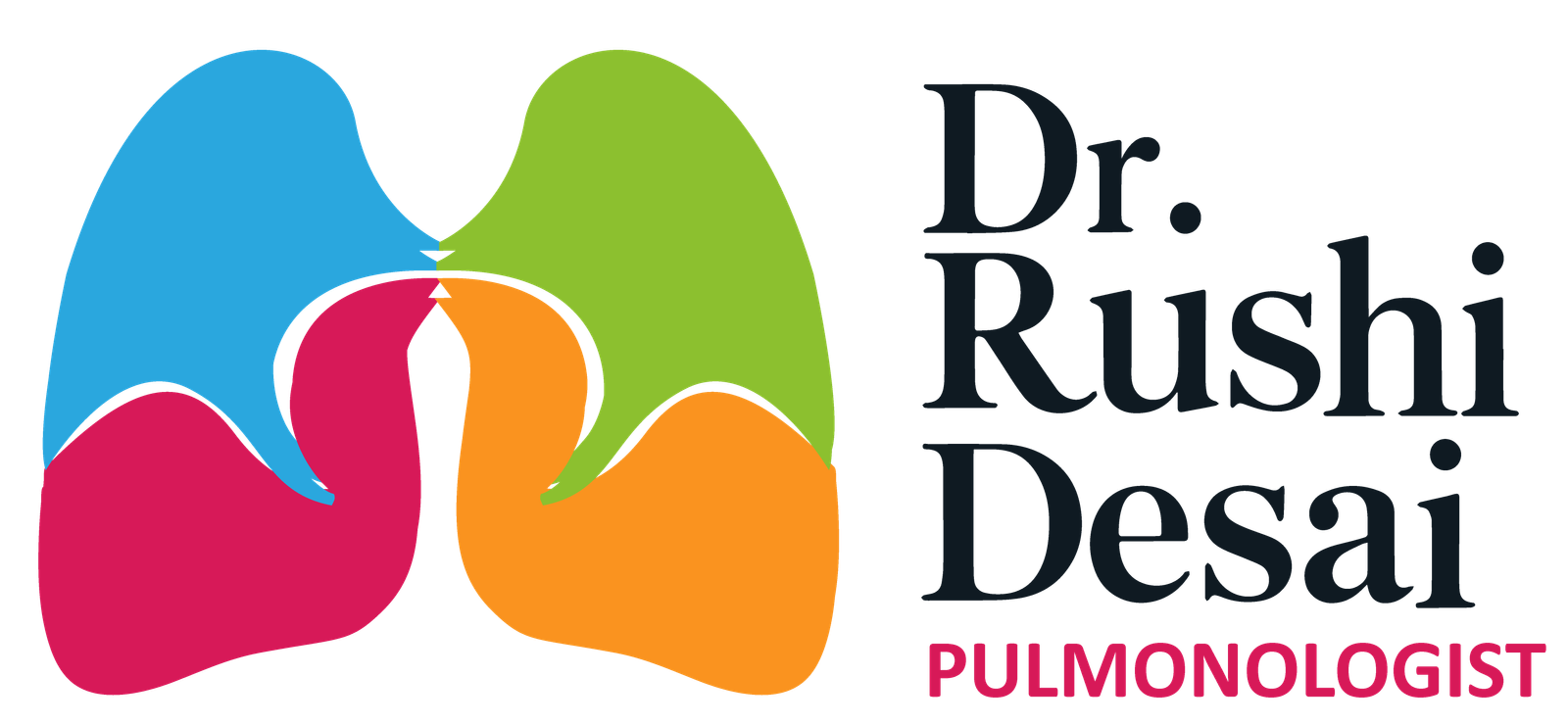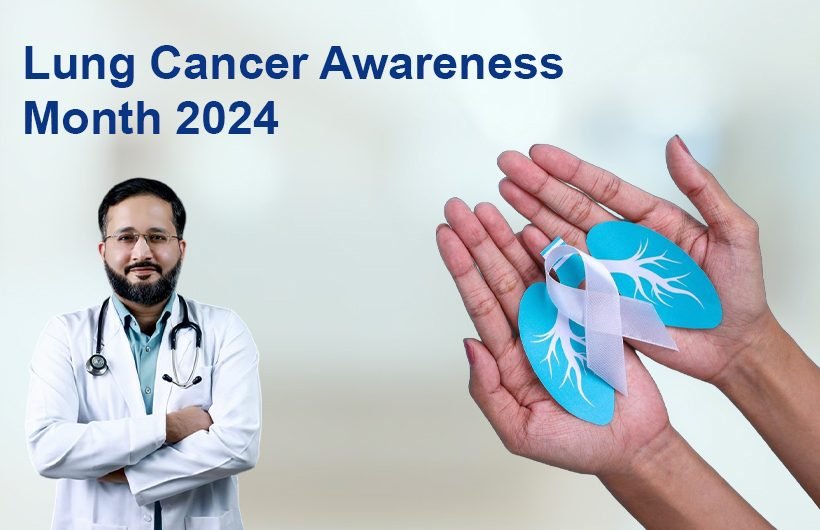Lung cancer is a major health issue worldwide. As Lung Cancer Awareness Month 2024 approaches, it’s key to learn about its signs, causes, and how to detect it early. This article aims to give you the knowledge you need to protect your lung health.
We’ll look at the history and importance of Lung Cancer Awareness Month. We’ll also cover the common signs and why early detection is so important. Plus, we’ll talk about risk factors like smoking and environmental factors. And we’ll share the latest in treatment and screening tech. By the end, you’ll know more about lung cancer and how to face lung cancer treatment.
Key Takeaways
- Lung Cancer Awareness Month 2024 emphasizes the importance of understanding the signs, causes, and early detection of lung cancer.
- Early detection of lung cancer is crucial for improved prognosis and treatment outcomes.
- Risk factors for lung cancer include smoking, environmental exposures, and certain occupational hazards.
- Advances in screening methods and diagnostic tools have enhanced the ability to detect lung cancer in its early stages.
- Comprehensive support systems are available for individuals living with lung cancer, providing valuable resources and emotional guidance.
Understanding Lung Cancer Awareness Month: History and Significance
Lung Cancer Awareness Month is celebrated every November. It focuses on lung cancer, a major public health issue. This month is for educating people, advocating for more research, and supporting those with lung cancer.
The start of Lung Cancer Awareness Month dates to the early 1990s. Back then, cancer awareness groups saw the need for a special month. Now, it’s a key part of the fight against lung cancer, which is a top cause of cancer deaths worldwide.
Today, Lung Cancer Awareness Month is celebrated worldwide. Events, fundraisers, and educational activities are held by many groups. These efforts aim to increase public health knowledge about lung cancer. They also push for early detection and screening and offer support to those affected.
| Key Objectives of Lung Cancer Awareness Month |
| – Raise awareness about lung cancer and its risk factors – Encourage early detection and screening – Advocate for increased research funding and resources – Provide support and resources for lung cancer patients and their families – Promote healthy lifestyle choices to reduce lung cancer risk |
Lung Cancer Awareness Month brings together many groups. It’s key in changing how we talk about lung cancer. This helps improve outcomes for those with lung cancer.
Early Warning Signs of Lung Cancer
It’s important to know the early signs of lung cancer for quick diagnosis and better treatment. Lung cancer might not show symptoms at first. However, knowing the common signs can help fight this disease.
Common Physical Symptoms
- A persistent cough that doesn’t go away or worsens over time
- Chest pain or discomfort, particularly when breathing, coughing, or laughing
- Shortness of breath or difficulty breathing, even during light physical activity
- Hoarseness or changes in your voice
- Coughing up blood or rust-coloured phlegm
Non-Physical Warning Signs
Lung cancer can also show in non-physical ways:
- Unexplained weight loss
- Fatigue or a general feeling of weakness
- Loss of appetite or a feeling of fullness
- Recurring infections, such as bronchitis or pneumonia
Modern Lung Cancer Treatment Options
Lung cancer is a complex disease, but thanks to medical research, we have many treatment options. These include chemotherapy and radiation therapy and newer immunotherapy and targeted therapies. These options are diverse and effective against lung cancer.
The stage and type of lung cancer are key in choosing treatment. Early-stage cancers might be treated with surgical options like lobectomy. But for advanced cancers, a mix of therapies is often needed.
Targeted therapies have changed lung cancer treatment for the better. These treatments are made for each patient, based on their genetic makeup. They block cancer cells from growing and spreading, improving survival and quality of life.
Immunotherapy is another big step forward. It uses the body’s immune system to fight cancer. This approach has shown great results, especially for those not helped by chemotherapy or radiation therapy.
The field of lung cancer treatment keeps growing. Patients and doctors now have more options. By working together, they can find the best treatment plan for each person.
| Treatment Modality | Description | Potential Benefits |
| Chemotherapy | The use of anti-cancer drugs to kill rapidly dividing cells | Can shrink tumors, control disease progression, and improve symptoms |
| Radiation Therapy | The use of high-energy radiation to destroy cancer cells | Can be used to treat localized tumours or as a palliative measure |
| Immunotherapy | Treatments that harness the body’s immune system to fight cancer | Can lead to durable responses and improved survival rates in certain patients |
| Targeted Therapies | Drugs that target specific genetic mutations or molecular pathways in cancer cells | Offer more personalized treatment options with fewer side effects |
| Surgical Options | This can lead to durable responses and improved survival rates in certain patients | Can be curative for early-stage lung cancers |
When to See a Pulmonologist
If you notice any of these symptoms, consult Dr. Rushi Desai, the best Pulmonologist in Ahmedabad. Early detection can lead to better treatment and outcomes. Don’t delay in visiting a lung cancer specialist. They can run tests to find out what’s causing your symptoms.






